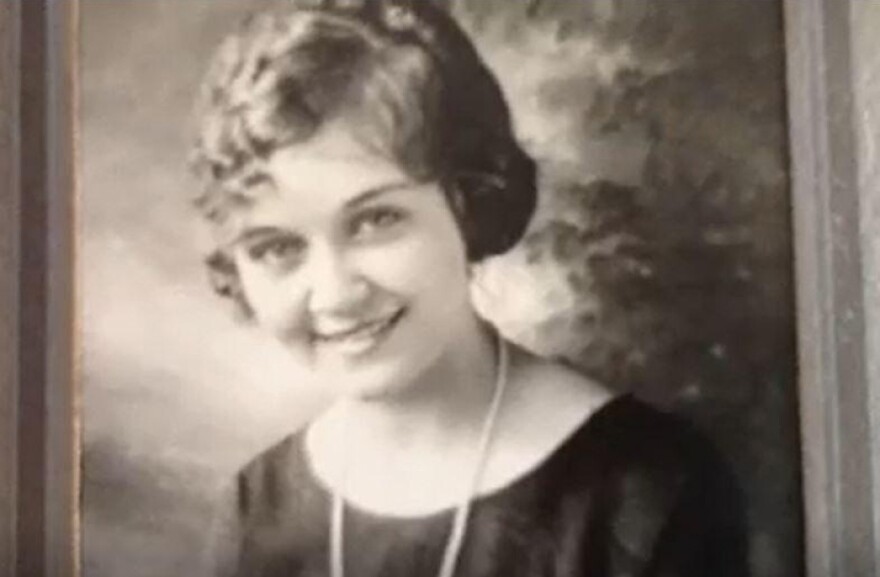A piece of music written more than 70 years ago by an Ohio composer but only recently brought to light will finally be heard this Saturday and Tuesday evenings on Classical 101, as part of Women of Note, The American Sound’s celebration of women composers during Women’s History Month.
Harriet Neff (later, Harriet Neff Murphy) grew up in Crestline, Ohio, where at a young age she excelled at playing the piano. It was the era of silent films, and while in high school, Harriet would play to accompany films shown at the local movie house, where her father worked as projectionist.
Neff grew up, married and had a son, Ronald Murphy, to whom she gave piano lessons for a year or so. Ronald didn’t share his mother’s love for the piano, and eventually he gave up the instrument, preferring instead to hang out with the neighborhood kids.
“I was more interested in running with that mini-rat pack in the hometown,” Ronald Murphy, 92, said in a recent phone interview. “To this day, I can hear Mom saying to me, ‘You are going to regret this sometime.’ ”
The years of Neff’s young adulthood also saw the transition from silent films to “talkies” and the height of what would come to be known as the Golden Age of the motion-picture industry.
Somehow, possibly through a newspaper story or radio announcement, Neff learned that MGM planned to make a feature film about Louis Bromfield, the Pulitzer Prize-winning novelist and expert film treatment writer who, in 1939, had founded Malabar Farm in nearby Lucas, Ohio.
https://www.youtube.com/watch?v=AEBoAEb7Opw
Neff got the idea to compose some music for possible use in the film. So she turned to the piano and started writing, eventually composing a three-movement suite inspired by Malabar Farm.
“Mom worked for months on this sonata,” Murphy said. “And she got in touch with Bromfield, explained to him what she had, and Bromfield invited her to his Malabar Farm, where Mom played this sonata for him.”
According to Ronald Murphy, Harriet Neff Murphy’s meeting with Bromfield went well. She said that Bromfield enjoyed her music — so much so that he offered to send it to MGM with a note of encouragement to use it in the feature film about him. (Check out the WOSU documentary Louis Bromfield: The Man Who had Everything.)
As fate would have it, that film project was canceled, and Neff Murphy’s music never made it to the silver screen.
And as fate would also have it, Neff Murphy’s warning — that her son would live to regret giving up playing the piano — proved prophetic.
“There have been decades of regret,” Murphy said. “And I finally went full circle and took an interest in the piano again.”
Two years ago, at age 90, Murphy, who lives in Fountain Hills, Arizona, started taking piano lessons with Arizona pianist Ashley Bradford. Murphy shared his mother’s Malabar Suite, as the piece has come to be called, with Bradford, who recorded it.
Murphy shared Bradford’s recording of his mother’s Malabar Suite with Classical 101, and I am delighted to kick off The American Sound's Women of Note series celebrating women composers with the broadcast premiere of Harriet Neff Murphy's Malabar Suite this week.
Please join me for selections from Harriet Neff Murphy’s Malabar Suite and music by Barbara Harbach, Aaron Copland and George Gershwin on The American Sound, 6 p.m. Saturday and 7 p.m. Tuesday on Classical 101.



